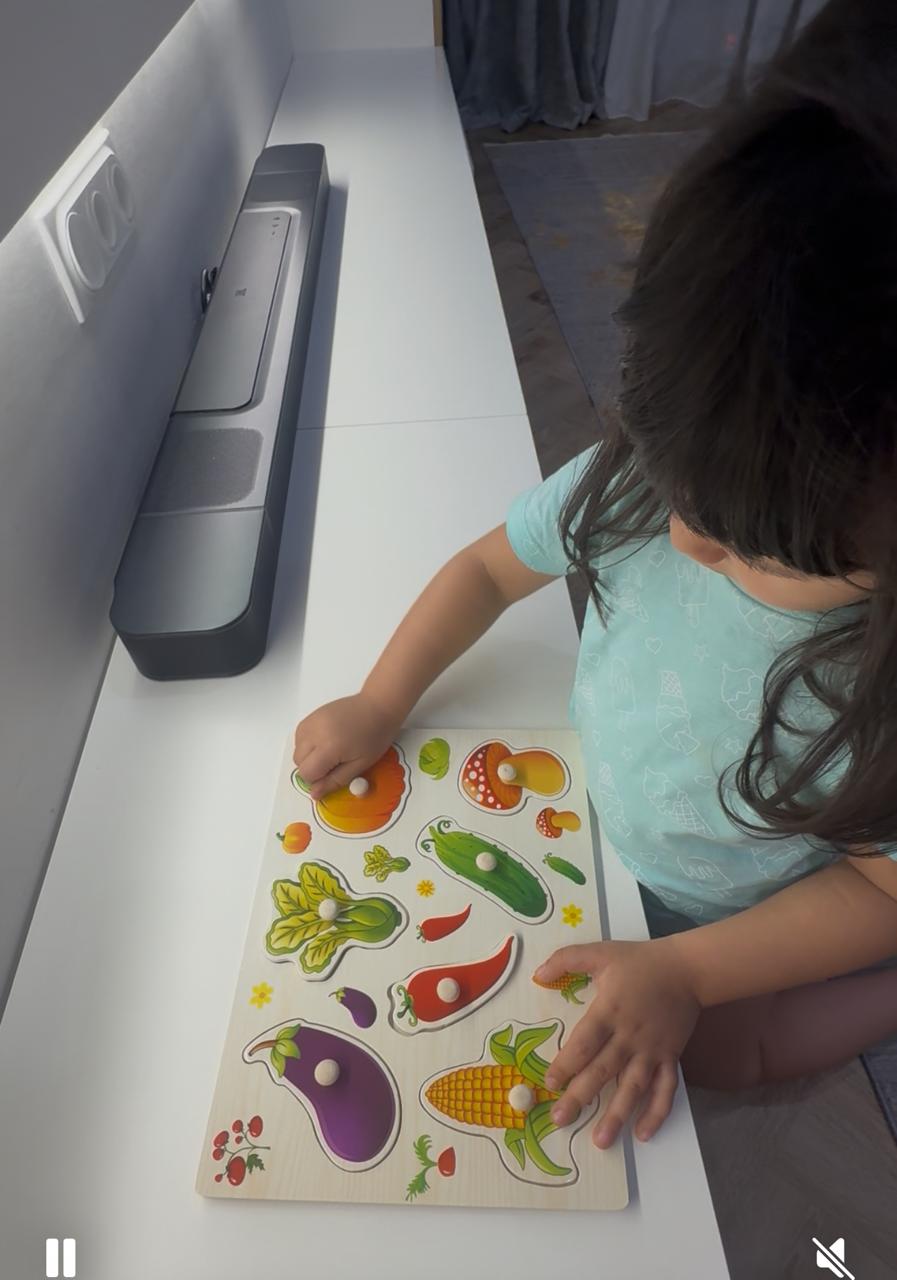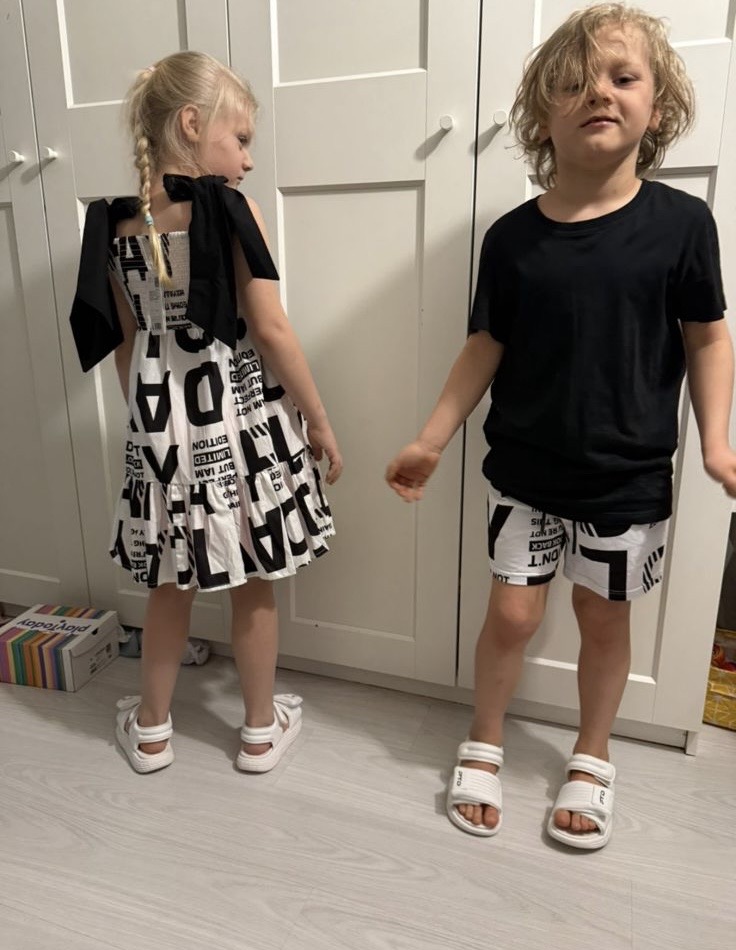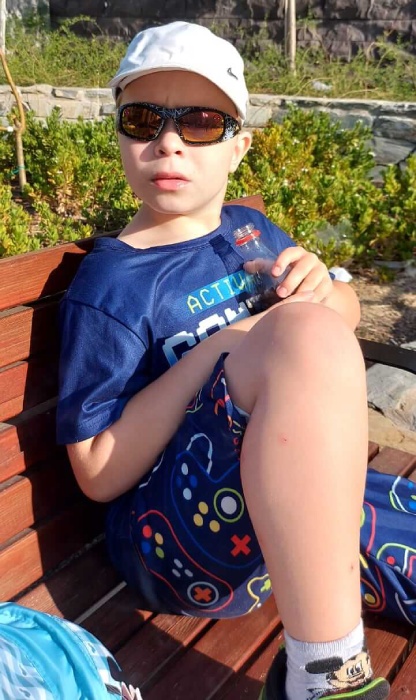Treatment of Autism with Medicinal Mushrooms
Treating autism with mushrooms refers to the use of psilocybin or other medicinal mushrooms as a therapeutic method to improve the symptoms of autism or related conditions. However, it is important to note that this approach is experimental and currently lacks scientific support or approval from medical organizations.
Psilocybin is a psychoactive substance found in certain types of mushrooms, such as psilocybin mushrooms. Recent research on psilocybin has shown potential for treating certain mental health disorders.
Challenges of Medicinal Mushroom Therapy for Children with Autism
The problem is that autism is a complex neurological disorder that manifests in a wide range of symptoms and individual characteristics in each person. Autism treatment typically includes a comprehensive approach, including behavioral therapy, speech therapy, specialized education, and family support. These methods have scientific backing and are aimed at improving the quality of life and social adaptation of individuals with autism.
When considering the use of mushrooms for autism treatment, strict clinical studies are needed to assess both the effectiveness and safety of this approach. Since such data is currently lacking, the use of psilocybin or other medicinal mushrooms for treating autism is not recommended and may pose a risk to patients.
Nevertheless, many parents, at their own risk, use a method called “microdosing” to treat autism with mushrooms. Typically, these are mushrooms like the red fly agaric, lion’s mane, cordyceps, and others. There are very few real reviews regarding the effectiveness of this treatment.
What Types of Clinical Research Are Conducted for Autism Medications?
Each drug for treating autism in children undergoes several stages of research before it is approved for use. Naturally, mushroom-based supplements have not undergone these studies, which include:
• Preliminary safety studies. These studies examine possible side effects, allergic reactions, and interactions with other medications.
• Effectiveness studies. Clinical trials are conducted to evaluate the impact on autism symptoms, such as social skills, communication, behavioral issues, and quality of life.
• Long-term observation. The long-term effects of using mushrooms in children with autism. This stage lasts for at least a decade.
• Comparative studies. Comparing the effectiveness of mushroom therapy with other traditional methods of autism treatment.
• Evaluation of potential mechanisms of action. This stage is necessary to understand how mushrooms might affect neurophysiological processes related to autism.
• Replication studies. Research is validated by independent laboratories on different patient groups to confirm the reliability of the studies.
Such studies require significant resources, time, and expertise and are conducted in strict accordance with medical and ethical standards.
Stem Cell Transplantation – A Safe and Effective Alternative to Mushroom Treatment
There is a modern and highly effective therapy for treating autism and ASD in children, which has proven itself through the experiences of many children worldwide. Stem cell transplantation is currently used in the USA, Israel, Georgia, and several other countries. The procedure is safe and demonstrates its effectiveness in improving overall child development, cognitive functions, mental test results, learning abilities, and self-regulation.
The Mardaleishvili Medical Center in Georgia has over a decade of practical experience in stem cell transplantation surgeries. The clinic is licensed, and its doctors have been trained in clinics in the USA. The cost of stem cell transplantation in Georgia is significantly more affordable than in other countries.
Choose the modern and effective method of treatment and give your child the opportunity to overcome autism!
Autism Treatment Center Videos
Autism treatment with own stem cells
Cord blood association congress
International Quality Crown
Autism Treatment Reviews
Autism treatment with own stem cells
The story of Alessandro (6 years old)
Autism Patient Testimonial - Stem Cell Treatment
Clients Testimonials

Anna – Sasha’s mother Read More

Amirkhon’s father — Tokhir Read More

Dilana’s mother Read More

Irina and Stefan – Ilya’s parents Read More

Kristina – mother of Nelly and Nik Read More












